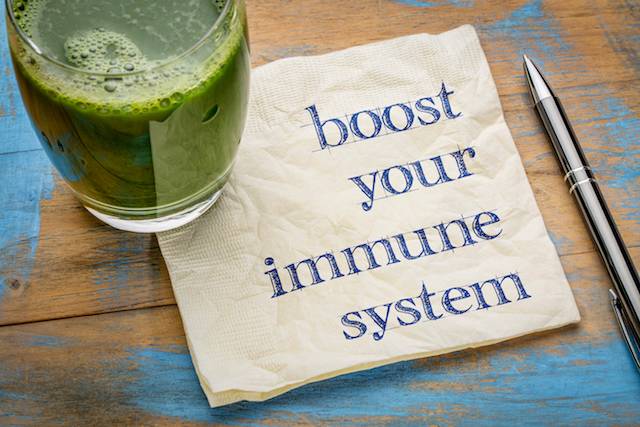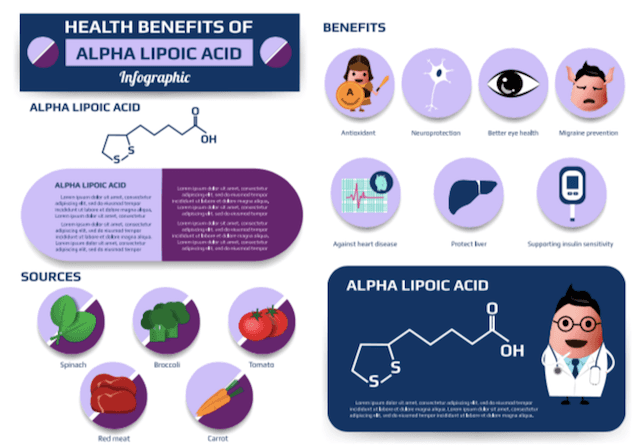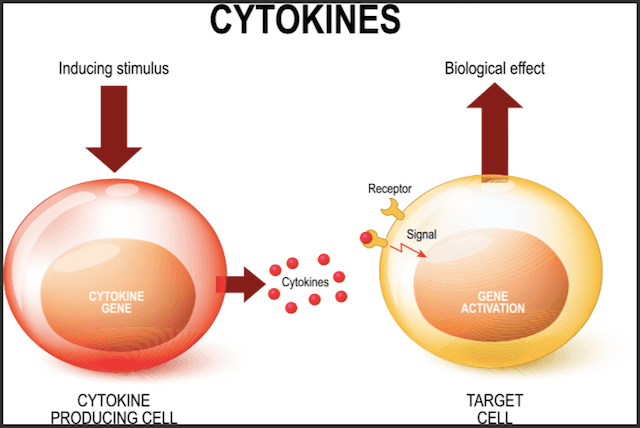It’s already quite the chore getting up in the morning and pulling yourself out of warm sheets to work. This struggle is only amplified when you’re sick to the point where it’s near impossible. Staying in bed for just a little longer can bring a lot of guilt as you take time away from being productive.
However, when you’re ill, there should never be any feelings of guilt behind sleeping for longer amounts of time, and we’re here to explain why.
What Happens to Your Body When You’re Sick?
You get sick when invasive bacteria or viruses make their way into your body. It contaminates your system and degrades your overall health. As a result, your body has an immediate and natural reaction of identifying the virus and fighting it.

This information is redirected to the brain for subconscious knowledge on how and when to fight off invaders of similar traits. Finally, when the fight is over and the virus is gone, all memory from the cells that fought it is stored for future reference.
This entire process is done every single time you get sick, and while it does continue to happen while you’re awake, sleep is the state when the performance of your protective cells is better and more efficient. You can and always should use medicine to help protect yourself and recover quicker, but even with medicine it’s better to get shut eye in order for it to work faster.
Why Do You Need to Rest?

Now, when you’re ill, there is more to recover from, along with the routine repairs your body does. Your immune system is more active and proactive when you sleep and can therefore do a better job at fighting off bacteria and viruses as you do so.
You save more energy when you sleep which can be designated to battling the illness rather than other tasks such as concentration, productivity, and movement. Even simply being awake takes up energy which could have been committed to helping you feel better.

Opportunity Cost of Not Sleeping
Your opportunity costs are the losses you encounter when making a decision. In this case the opportunity costs would be the loss for your body when you decide not to sleep while sick.
1. There is less energy in your system to fight off the virus. As mentioned before, even being awake takes up a lot of energy. Your mind is alert and your body is moving. As such, your energy gets distributed to all the tasks you need done. There is less energy saved up in your reserves to fight off the virus, which can lead to it spreading and making you more ill.

3. Your immune system is more efficient at night when the rest of the body has wound down. There can be greater concentration on the invasion rather than other issues and the fight can be completed quicker, without having overworked yourself.
4. Staying at home in bed prevents you from meeting other external forces. These forces can be even more harmful to you if they help the sickness grow in value or create an entirely new one. Your immune system is already weakened with the original sickness, so it’s better not to tempt oncoming ones. Staying away from others also ensures you won’t spread the disease around.

6. Endogenous opioids are more alert while you’re asleep and they help enhance the antibodies in your system and develop quicker immune response. These opioids are considerably dormant while you’re awake and won’t be able to boost the required means of protection.

Benefits of Sleeping When You’re Sick
Now that you know what you’re missing out on by staying awake, you can better understand the benefits of going to sleep for longer.
1. Cherish the longer hours of rest as they help channel your energy to where it should be used; fighting the invasive virus before it gets out of control.

3. Stay home and keep yourself away from others who can catch the sickness from you.
4. Stay home and protect yourself from new, unwanted viruses that may find a weakened immune system an attractive environment to flourish.
Not getting enough sleep is one of the primary reasons many people have depleted immune systems and why you’re more prone to sickness. Sleep is a key component to being healthy and not something you should ever compromise on. When sick you should try to get the desired 7 to 9 hours of sleep for an average adult, and even 1 or 2 more for benefit of doubt.
Can You Sleep Too Much?
One common concern is whether or not you can oversleep when you’re sick. On a regular basis, when you’re in good health, oversleeping can have a negative effect on your internal clock. It can throw off your system and leave you grumpy and lethargic for the rest of the day.

With sicknesses like the flu, cold, and fever, you’re most probably going to be bedridden for the whole day, and that is more than fine. So long as you get up for something to eat and drink to energize your body, you don’t need to worry about wasting your day. Self-recovery is more important than work and productivity.

How Can You Help Yourself Get Better Quicker?
Sleeping when you are sick isn’t very comfortable, since there is congestion and pains to handle as well. So, if you wish to improve the quality of your sleep, we have provided some tips below on how to do so.
- Sleep with a wedge pillow so you can naturally prop your head upwards. This can help clear nasal passages while you’re asleep and make it easier to breathe.
- Avoid using any cold medicines before bed unless they are made specifically as nighttime medicines. Cold medicines can keep you up at night, disturbing your sleep.
- A hot shower or bath is always a pleasant idea before bed since this warms you up internally. It will also allow you to relax and the heat will break any mucus that’s blocking air passages.
- A humidifier can prevent the air from becoming stuffy and make your bedroom environment less welcome for congestion.
- If you do end up waking in the middle of the night, figure out exactly what woke you, fix it, and go back to bed. Parched throat? Have a glass of water. Coughs or sneezes? Blow your nose and drink something warm.
- Make sure your room is cool, quiet, and dark so it’s the ideal atmosphere for sleeping.
- If you can’t get all the rest you need at night, then take periodic naps throughout the day which are no more than 30 minutes to boost your energy levels.
Conclusion
Sleep is an important part of your daily life, regardless of whether you’re sick or not. This is the timeframe in which your body’s maintenance team can peacefully go out and do its job. Repairs and recovery, everything is done at night.
Having the right amount of sleep when you’re sick is twice as important since your immune system now not only has to maintain but protect and fight a virus as well. So, close your eyes, cancel your schedule, and let your body naturally do what must be done to recover quicker.
Photo credit: ESB Professional/Shutterstock; alphaspirit.it/Shutterstock; Stock-Asso/Shutterstock; marekuliasz/Shutterstock; Igor Petrushenko/Shutterstock; Sergey Shenderovsky/Shutterstock; Designua/Shutterstock; nipada_hong/Shutterstock; fizkes/Shutterstock; New Africa/Shutterstock
